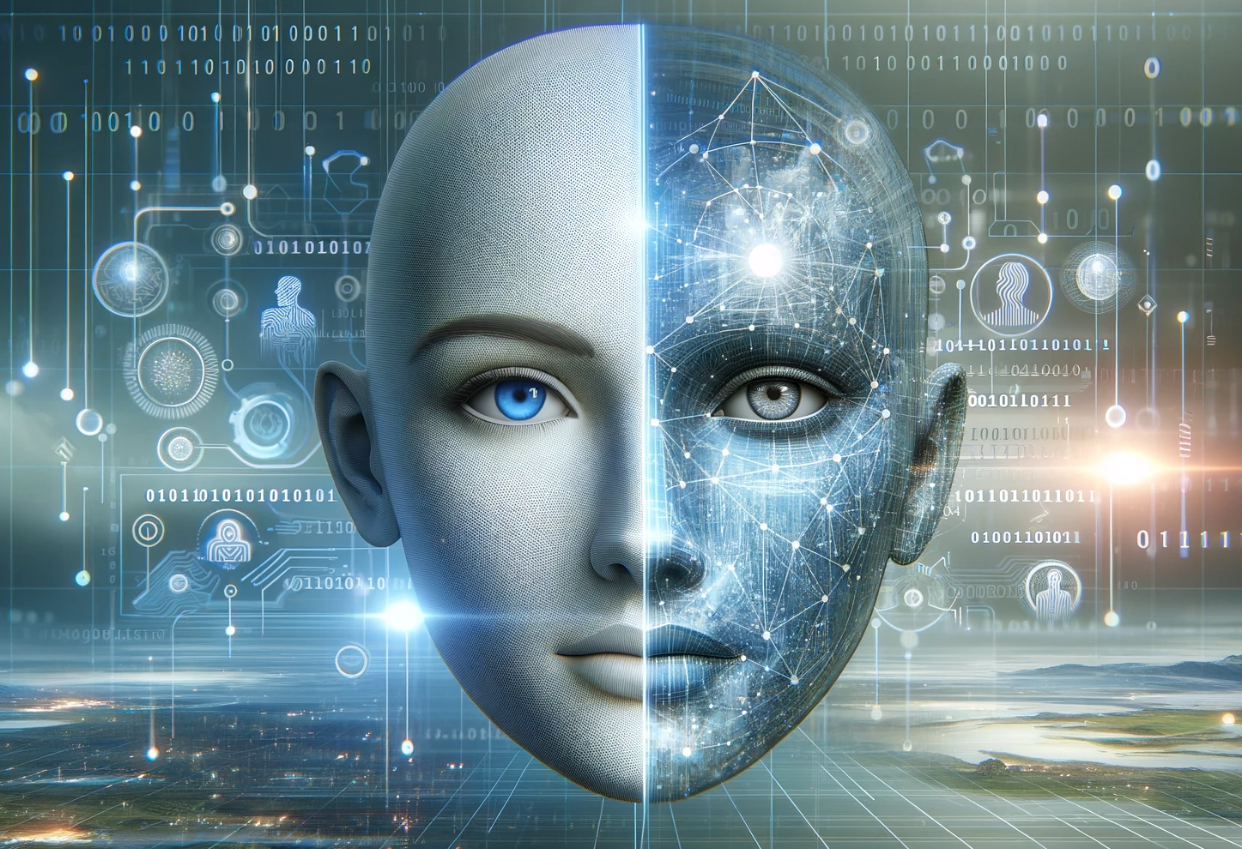MeitY Issues Second Advisory to Social Media Platforms on Deepfakes
Deepfakes are fake digital content in the form of images, videos or audios. They are created using high-end artificial intelligence tools and deep learning technology. Deep learning is a type of machine learning that uses neural net simulations to analyse large data set and create fake content. Deepfakes are quickly becoming a source of concern as they are getting similar enough to real content to confuse the audience.
Implications of Deep Fakes
Deepfakes are synthetic media files created to depict events or speech that never actually occurred. The technology uses machine learning algorithms to digitally graft one person’s likeness or voice onto another person’s face or speech patterns in a seamless and realistic manner.
As deepfake technology becomes more advanced, the manipulated media can be increasingly difficult to detect as fake and has the power to falsely depict public figures making inflammatory comments or behaving inappropriately. This has raised concerns over the potential to spread misinformation or manipulate public opinion.
First Advisory in November 2022
In November 2022, the Ministry of Electronics and Information Technology (MeitY) issued its first advisory to social media platforms asking them to identify and remove deepfake videos being circulated online.
At the time, Union Minister Ashwini Vaishnav emphasized the need for platforms to take more aggressive action in tackling deepfakes, which he described as “a big issue” and “a huge problem for all of us.”
Recently, viral deepfake videos depicting Indian actress Rashmika Mandanna and veteran actress Kajol highlighted the disturbing potential of the technology.
Second Advisory Emphasizes IT Rules Compliance
On December 26th, MeitY released a second advisory targeted specifically at curbing the spread of misinformation through deepfakes.
The advisory directs social media platforms to adhere to the Information Technology (Intermediary Guidelines and Digital Media Ethics Code) Rules, 2021. It asks them to make users aware of the ban on publishing fake or misleading content under the IT Rules.
Draft Regulations in the Works
During the November press meeting, Vaishnav indicated that the government aims to prepare draft regulations to curb deepfakes within “the next few weeks.” He emphasized the need for coordinated efforts between government, industry and the public across four key areas:
- Preventing deepfakes before publication
- Stopping viral spread
- Improving reporting mechanisms
- Increasing public awareness
The upcoming regulations will likely aim to address these areas in order to mitigate the societal risks posed by advancing deepfake technology.
Month: Current Affairs - December, 2023
Category: Science & Technology Current Affairs








